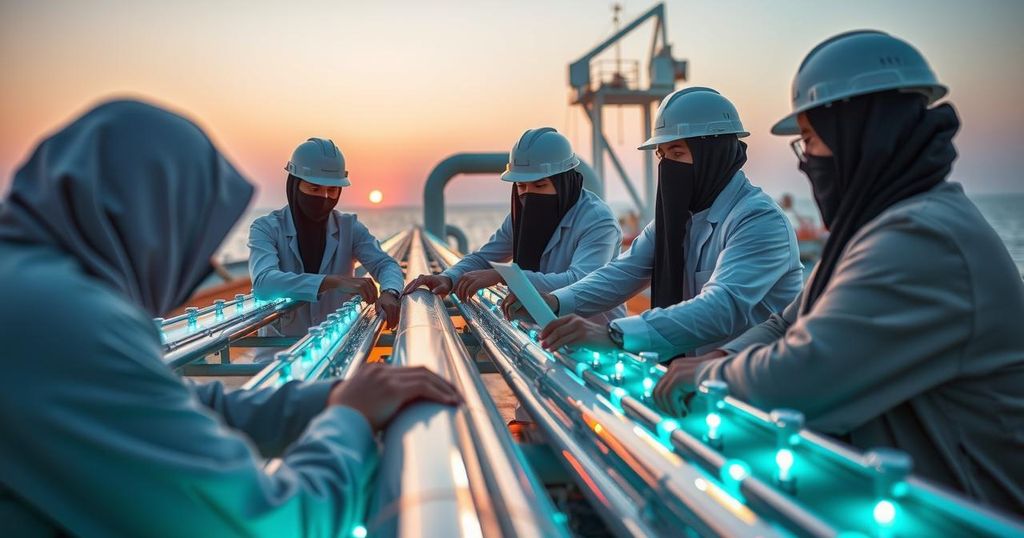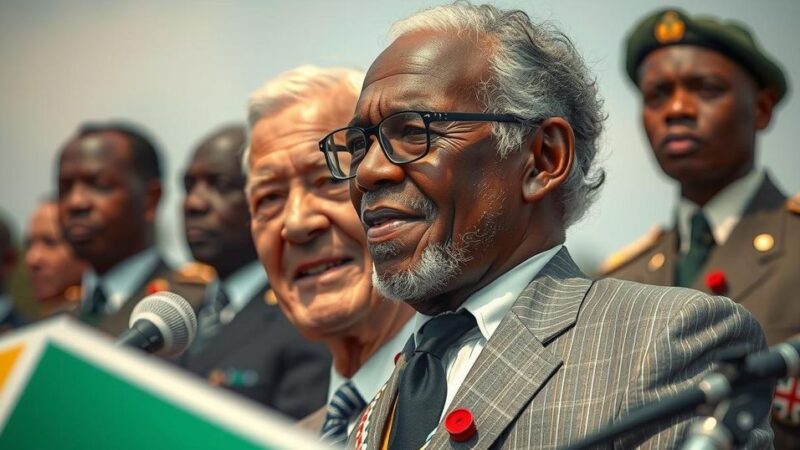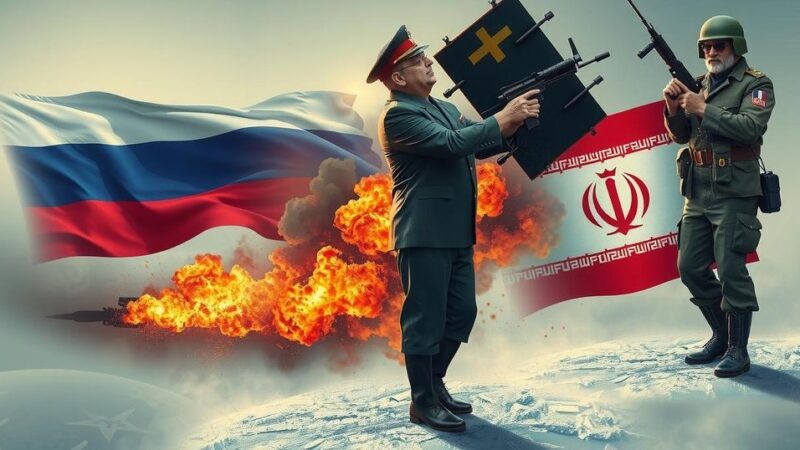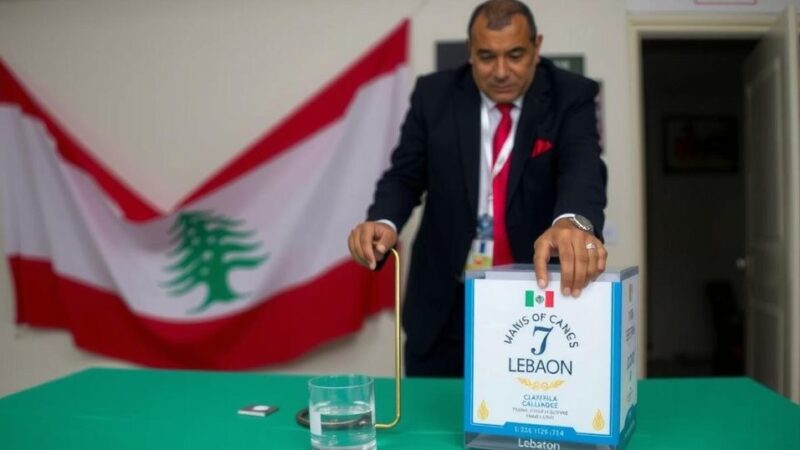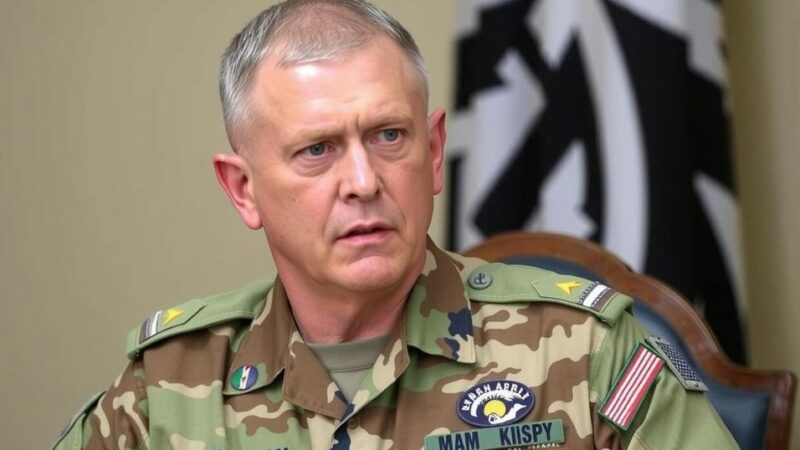The Qatari Foreign Ministry has dismissed reports regarding the revival of a pipeline project to transport natural gas to Europe through Syria and Turkey, calling them speculation. Officials previously discussed the project’s feasibility; however, analysts express skepticism due to economic, technical, and logistical hurdles. Instead, Qatar is focusing on maximizing LNG exports and aiding Syrian humanitarian efforts, given the current energy market dynamics.
The Qatari Foreign Ministry has firmly dismissed claims regarding the revival of a natural gas pipeline project intended to transport gas from Qatar to Europe through Turkey and Syria, labeling such assertions as mere speculation. Spokesman Majed bin Mohammed al-Ansari clarified this position when questioned by TASS, emphasizing Qatar’s dedication to stability in Syria and humanitarian aid rather than pursuing this pipeline initiative. Previous discussions about reviving the $10 billion Qatar-Turkey gas pipeline have emerged following the political changes in Syria, yet tangible prospects remain uncertain.
Turkish Energy Minister Alparslan Bayraktar previously suggested the project could move forward contingent upon achieving territorial integrity and stability in Syria. However, analysts express skepticism regarding the pipeline’s feasibility, citing economic, technical, and logistical challenges, particularly in light of Qatar’s substantial planned expansion of liquefied natural gas (LNG) production. With Qatar aiming for an 85 percent increase in LNG output by 2030, experts argue that maximizing LNG exports presents a more efficient and flexible alternative compared to the risks associated with pipeline construction through unstable regions. As of now, regional alternatives in the eastern Mediterranean may provide more immediate solutions to Europe’s energy needs as it increasingly prioritizes renewable energy sources.
The proposed Qatar-Turkey Natural Gas Pipeline project, initially put forward in 2009, aims to connect natural gas supplies from Qatar’s South Pars/North Dome field to Europe through a network of countries including Saudi Arabia, Jordan, Syria, and Turkey. Discussions around this pipeline have resurfaced following shifts in Syria’s political landscape, particularly after the decline of the Ba’ath regime. However, previous rejections by the Syrian government prioritized existing relationships with Russia regarding gas supplies to Europe. Amidst these geopolitical dynamics, Qatar’s strategic approach now focuses more on humanitarian support and infrastructure rebuilding in Syria rather than pursuing energy export projects. Furthermore, Qatar’s planned expansion of LNG capacity significantly influences the viability of competing pipeline initiatives, as global energy demands and regional dynamics evolve.
In conclusion, the Qatari Foreign Ministry has categorically rejected the notion of reviving a gas pipeline to Europe via Turkey and Syria, stressing that such reports are unfounded. While some Turkish officials have suggested renewed discussions, energy analysts remain doubtful due to substantial economic and logistical challenges presented by the project. Qatar’s strategic focus appears to prioritize the expansion of LNG exports rather than pursuing a pipeline that may not align with current energy market realities. These factors collectively underscore the complexity of energy supply routes in a rapidly changing geopolitical landscape.
Original Source: www.turkishminute.com

